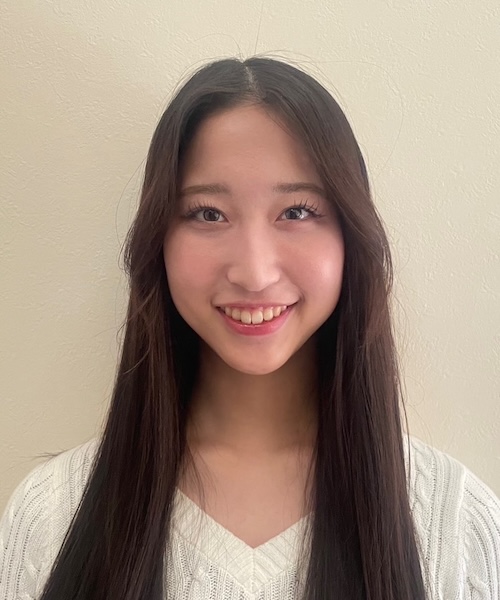Over the course of the International Association of Jesuit Universities (IAJU) Global Citizenship Fellows Program, through engaging lectures and rich conversations with fellows from all over the world, I came to realize how essential solidarity is in addressing complex global challenges. Initially, I viewed refugee issues, which I am currently passionate about, as large-scale humanitarian or policy problems—something for governments and international organizations to solve. However, this program taught me that truly responding to refugee issues begins with recognizing our shared humanity and listening with empathy.
Among many valuable sessions, the In Your Shoes and the Resetting the Table workshops we did in Bogotá were particularly transformative. Both experiences showed me that deep understanding often begins with an ability to notice unconscious signals such as tone of voice, pauses, or body language. During the In Your Shoes activities, I also became aware of how my voice and expressions change when I speak from a place of conviction. This helped me reflect on what I can work on to convey my opinions in a better way.
The Resetting the Table workshop in Bogotá pushed this lesson further. Working in a language that was not my own, I found myself paying closer attention to subtle cues that revealed what others truly wanted to say. It made me realize that in my native language, I tend to assume too much and listen too little. In the context of the refugee issues, where communication often breaks down due to confusion, misunderstanding, or lack of common language or culture, this awareness is especially vital.
These experiences overall changed how I think about refugee issues. Now, I see that solving these issues requires more than charitable aid or political advocacy. It demands a shift in mindset from viewing refugees as “others” to embracing them as fellow human beings. As a global citizen, I have a responsibility to foster understanding, amplify voices of people who are treated unequally, and support inclusive communities that welcome and protect them.
Fr. Arturo Sosa’s message that universities must be “witness to hope” deeply resonated with me. In a global society where many young people feel overwhelmed by injustice and division, educational institutions must lead by creating spaces for meaningful dialogue and courageous action. I am committed to sharing what I have learned through this program not only at my university, but also in the wider communities I belong to.
Ultimately, global citizenship, as I came to understand through this program, means the ability to see the global issues as one’s own, to become a part of a greater solidarity, and to make continuous efforts toward achieving the common good. This experience helped me realize that listening deeply, acting in solidarity, and nurturing hope are not abstract ideals, but practical tools we can use to shape a peaceful world where no one feels left behind. I am very grateful for this incredible opportunity.

